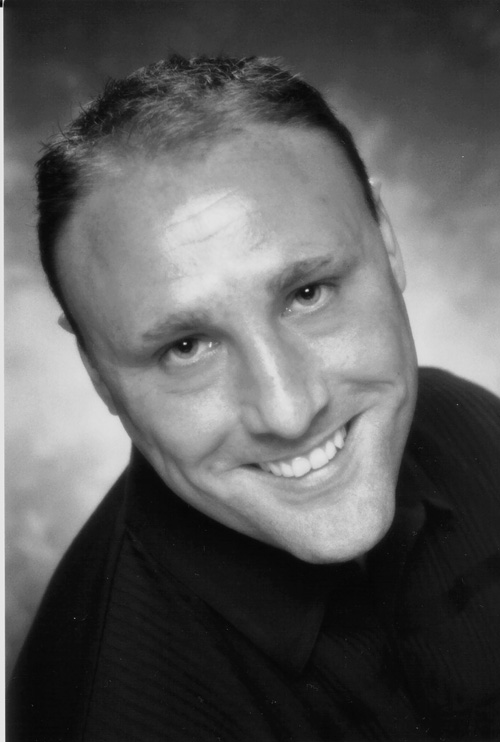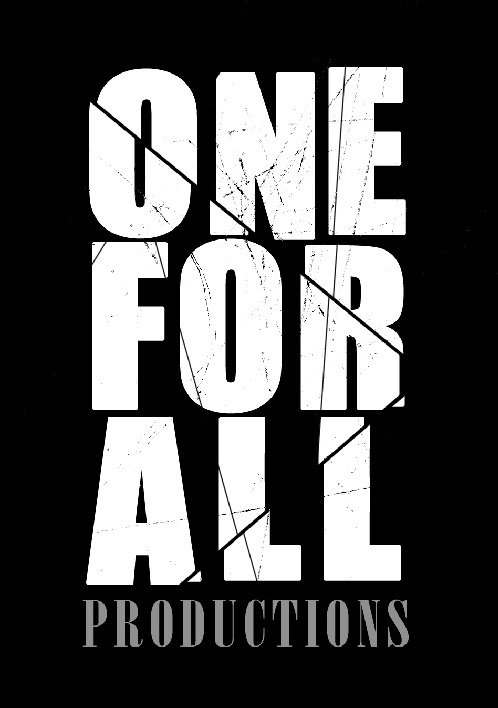Se7en Questions with Filmmaker
David Cave
Who are some of the artists or some of the works that inspired you to get started in your field? Of today’s current artists, who do you draw inspiration from?
that inspired you to get started in your field? Of today’s current artists, who do you draw inspiration from?
As a child I was always fascinated by the late-night television shows of the 1970’s/early 80’s, such as Tales of the Unexpected and Armchair Thriller, and the many sci-fi and horror movies of the same eras. I fondly remember such gems as Scream and Scream Again and Blood on Satan’s Claw, movies and shows that without doubt influenced many future filmmakers, including myself, into becoming involved in the arts when I was old enough to understand that anyone with an imagination could, with a little ambition and some small support, learn to make movies!
My fascination with the darker artistic side of film continued to be stirred up by well into the 80s and 90’s with introductions to the work of many European and American filmmakers. The movies of auteurs such as David Cronenberg, David Lynch, Dario Argento, Lucio Fulci, Jean Rollin, Jesus Franco, Alain-Robbe Grille and Walerian Borowczyk (to name but a few) opened up something which informed the artist inside of me that art/film doesn’t have to conform to the Hollywood-esque boundaries of commercial cinema. Indeed, it doesn’t necessarily have to conform to anything at all. Here were my first experiences of many types of semi-experimental, genre-defying cinema that created so much that touched the individual human being inside of me. Contemporary filmmakers such as Lars Von Trier, Darren Aronofsky, Jonathan Glazer, Ben Wheatley and Nicolas Winding Refn continue to inspire me to pursue the production of alternative cinema and in doing so, examine subtexts and messages which fall beneath the realities of everyday life.
What have thus far been some of the negatives of being an indie artist in your field?
Without doubt finding the necessary financial support to enable a high standard of product is at the top of any negative list. This doesn’t need to be explained so I shall move on! Another huge negative is finding a human structure that will allow you to concentrate on your art, without having to worry incessantly about the reality of your everyday situation in terms of the class system apparent (certainly within the UK) in the arts. So often I see so many wonderful and creative artists of all disciplines that have been pushed down so far by the very industry in which they have invested their skills that they eventually give up. If you refuse to make a specific product, those with the power and connections, don’t want to know. Imagination is a threat, it seems!
I don’t want to go into the whole politics of art so I’ll leave it there. To sum it up though, I’ll say the most problematic negative to me is the lack of platforms available to showcase work that dares to push cinematic boundaries and therein reaching such audiences that view cinema as something more than entertainment.
What have thus far been the positives of being an indie artist in your field?
Lots! Certainly the advent of cheaper technology which allows pretty much anyone to pick up a camera and make a movie is a huge positive. Meeting other artists both locally, nationally and globally is also fantastic. I have been lucky enough to meet some wonderfully talented people over the past twenty years as a filmmaker and have some amazing memories from events I have been involved in because of my work.
I also feel very much that I am a very different person now to what I may have turned out to be If I somehow wasn’t involved in the arts (although I’m sure it would have found me eventually if I hadn’t found it!).
Being an artist has informed me of life in so many different ways, opening up areas of thought and discussion that often work to inspire new ideas. Many of these ideas come to nothing but often there’s one or two that stick with me and work their way into me so deeply that I have no choice but to explore them in some way.
What have been your favorite completed projects to work on up to this point? Can you tell us a little bit about them?
Probably my last two projects, Girl and a Scar and Dystopia St. respectively. Due to complications in post-production, as a consequence of lack of budget unsurprisingly, Girl and a Scar took way longer than anticipated to complete. In a funny way, although frustrating at the time, I feel the extra time gave me, as writer/director, the space to really think about what I wanted to get out of the project in terms of tone and mood. The project was always intended to be a kind of experimental piece, in so much as although there was a shooting script for the film it was my intention to use the idea to examine the relationship between sound and image. The short follows the journey of a self-harming girl as she suffers a mental breakdown, and how her illness affects her directly in a psychological sense. We experience connections to her life, past, present (and possibly even future depending on your translation of the text). There’s no dialogue in there and virtually no location sound, everything you hear has been designed. Shifting between live action and animation, the aim was to offer its audience a feeling, in tandem with the protagonist (played sensitively by Ileana Cardy), rather than tell her story. So, in one sense I was really happy that the extended completion time gave me and (second) editor, Rachel Shenton, time to explore various themes, obsessions and ways of expressing the narrative in a way I felt reflected the visual mood (captured beautifully by director of photography Neil Oseman). It’s probably the only short I’ve made where myself and co-producer John McMahon have allowed the project the complete freedom to experiment in an artistic sense without confining it to the boundaries of audience expectation!
Girl and a Scar was an obvious step forward from my previous short film, 2010’s Dystopia St. (funded through the UK Film Council/Northern Film & Media’s Stingers short film scheme). This film follows a moment in time of an unknown man (in an extraordinary performance by Danny Shayler), caught between subconsciousness and reality and his journey to find an escape. Again, a surreal piece of cinema, the idea originated from my own personal dream world after keeping a log of images/dreams/nightmares, with the intention to mould them into some kind of narrative screenplay. With Dystopia St. I worked with a script editor in order to knock the idea into shape and developed it with the input of many people involved in the scheme it was to be produced through. Although I was very happy with the final product, many of the original visual ideas were dropped from further drafts of the script, which was disappointing in one sense, but really interesting in another. As with Girl and a Scar, I was lucky enough to work with an amazingly talented cast and crew (DP Paul Wiseman and Editor Richard Alderson) who worked tirelessly to produce my vision of an unsuspecting protagonist trapped in time. The short had a wonderful festival run and picked up seventeen awards along the way, so it did go to show that there is definitely an audience for alternative cinema out there.
What projects are you currently working on or have planned for the near future?
I am currently developing my latest short, Girl and a Scar, into a feature length project, working with producer Thomas Craig of Aria Films (UK) as a co-production with our own company, One For All Productions, as well as working on a second draft of a low-budget psychological thriller entitled The Inviolate that follows the journey of young lad caught up in a case of modern day witchcraft.

OFAP are also developing a commercial feature project, working title Respect, written by local writer and playwright Alex Ferguson. We are aiming to do a crowdfunding project later in the year in order to raise the budget to shoot a trailer for the project.
Where do you see yourself in a few years and what would it take for you to consider your career a success?
I have no idea where I’ll be in a few years, hopefully be on the road to making a first feature, but success can be measured in so many different ways by so many different people and for me is a subjective thing. I believe that by being your own person, being true to your own beliefs and morals and learning from your mistakes for the good of the world, then that’s all we, as human beings, can hope for! I know that much of my past work as a filmmaker has evoked reaction from viewers, some negative, some positive, but as an artist I see any reaction as proof that it has brought a change, no matter how small, in that viewer’s world, and that can only be a good thing.
If you couldn’t do this anymore, what career path do you think you would have followed and why?
Probably something involved in the music industry. I have no idea what but certainly something along those lines. Beside film, music is a very close second love of mine. I love all the decadent anarchy of what music can inspire and believe that songs have the power to change the world, if used correctly!


